Want to get better results from your PPC campaigns? Adjusting budgets in real-time can help. By monitoring performance, using automation, and staying aware of market trends, you can optimise your ad spend and focus resources where they matter most. Here’s what you need to know:
- Track Key Metrics: Keep an eye on click-through rates (CTR), cost-per-click (CPC), and conversions to spot trends.
- Use Automation Tools: Features like smart bidding and budget scripts can simplify adjustments.
- React to Market Changes: Adapt quickly to seasonal trends, competitor actions, and industry shifts.
- Allocate Budgets Effectively: Shift funds to high-performing campaigns or platforms based on live data.
- Leverage AI: AI tools can analyse data, predict trends, and automate budget changes for better results.
Real-time PPC budget management is about making smarter, faster decisions to maximise ROI. Ready to learn how? Let’s dive in.
Key Elements of PPC Budget Management
Mastering the basics of PPC budget management helps you make smart, real-time adjustments. These principles are the backbone of effective budget use, ensuring you get the most out of your ad spend.
Budget Allocation Basics
Managing your PPC budget effectively begins with thoughtful allocation across campaigns, ad groups, and keywords. The goal? Balancing flexibility with consistent performance.
- Daily Budget Controls: Base daily budgets on past performance and campaign goals to maintain steady ad visibility.
- Performance-Based Distribution: Shift more budget to campaigns delivering strong results, using metrics like click-through rates (CTR) and conversion rates as a guide.
| Budget Distribution Factor | Impact on Allocation |
|---|---|
| Historical Performance | Helps decide initial budget splits |
| Current ROI | Guides real-time changes |
| Seasonal Trends | Affects scaling during specific periods |
Historical data helps with initial monthly planning, while metrics like ROI and seasonal patterns call for daily or quarterly tweaks. Once you’ve set your allocation strategy, tie it directly to your campaign goals for better focus and efficiency.
Impact of Campaign Goals
Your campaign objectives play a big role in shaping how budgets are allocated and adjusted on the fly. Different goals demand different strategies:
- Lead Generation Campaigns: These often need higher budgets during peak conversion times, like business hours for a B2B audience.
- Brand Awareness Campaigns: These thrive on steady budgets to maintain consistent visibility over time.
- Platform-Specific Considerations: Each platform has its own algorithm and pacing strategy. Knowing these differences helps you fine-tune your budget adjustments for better results.
Steps for Adjusting PPC Budgets in Real Time
Tracking Campaign Performance
Keep an eye on key metrics like CTR (Click-Through Rate), CPC (Cost Per Click), and conversions to evaluate how effectively you’re spending your budget. Set up tracking systems to monitor performance throughout the day and identify peak times. For example, if your B2B campaigns perform better during business hours, you can allocate more budget during those times to maximise results.
Once you’ve gathered performance data, automation tools can help simplify real-time adjustments, making the process more efficient.
Using Automation Tools
Many PPC platforms offer automation features that adjust budgets based on performance triggers. Here’s a quick overview of some helpful tools:
| Automation Feature | Primary Function | Best Use Case |
|---|---|---|
| Smart Bidding | Automatically adjusts bids based on the likelihood of conversions | Ideal for high-traffic campaigns |
| Budget Scripts | Follows predefined rules to manage budgets | Useful for campaigns across multiple channels |
| Performance Alerts | Sends notifications when certain metrics are reached | Perfect for time-sensitive promotions |
By leveraging these tools, you can spend more time focusing on external market factors that influence your campaigns.
Reacting to Market Changes
Stay on top of seasonal trends, competitor moves, and major industry events to make smarter budget decisions. Create a flexible framework that allows for quick budget adjustments during these shifts. For instance, during peak shopping seasons, you might use a sliding scale for daily budgets, increasing spend automatically when conversion rates hit specific targets.
Automation tools can also integrate market data to help you respond faster to changes. AI-powered tools, in particular, can analyse large amounts of data and predict performance trends These insights allow you to make proactive adjustments, ensuring you’re ahead of market shifts instead of scrambling to catch up.
Advanced Methods for Real-Time Budget Optimisation
Budget Pacing Techniques
Budget pacing helps spread spending throughout a campaign’s lifecycle to maintain steady performance. For instance, the “Strong Finish” approach focuses more budget toward the end of the month. This works well for campaigns aimed at boosting end-of-month sales, when consumer urgency tends to spike.
| Pacing Strategy | Use Case and Advantage |
|---|---|
| Even Distribution | Ideal for stable markets, ensuring consistent daily visibility |
| Front-loaded | Creates early momentum for short-term promotions |
| Back-loaded | Targets end-of-month sales goals with precise spending |
| Dynamic | Adjusts budgets in real time based on live performance data |
After implementing pacing strategies, the next step is ensuring budgets are distributed effectively across multiple platforms to maximise results.
Multi-Channel Budget Allocation
Managing budgets across multiple platforms requires constant tracking of platform performance and audience behavior. When reallocating budgets on the fly, focus on platforms delivering the highest ROI during critical periods. Use live performance data to make informed decisions.
Key steps for optimising cross-platform budgets in real time:
- Keep an eye on platform-specific conversion rates.
- Analyze audience engagement trends.
- Adjust spending based on current performance metrics.
- Quickly reallocate budgets to high-performing platforms during peak times.
AI and Machine Learning Applications
AI tools take real-time budget optimisation to the next level by identifying trends and automating spending adjustments. These technologies can handle tasks like performance tracking and budget redistribution, which often take up 35% of an ad agency’s daily workload.
How AI enhances real-time budget management:
- Examines historical data to forecast trends and allocate budgets.
- Automatically adjusts bids based on how likely conversions are.
- Quickly reacts to market shifts.
- Streamlines cross-platform budget adjustments with minimal manual input.
Tips for Effective Execution
Setting Up Reporting Systems
Managing PPC campaigns in real-time requires efficient reporting systems that provide instant insights into performance. Build dashboards to track key metrics like spend, cost per conversion, and ROI as they happen.
Here’s a quick guide to monitoring your campaign effectively:
| Monitoring Level | Key Metrics | Action Triggers |
|---|---|---|
| Campaign Health | Daily spend vs. budget, CTR, Quality Score | Alerts for budget depletion |
| Conversion Performance | Cost per conversion, conversion rate, ROAS | Automated bid adjustments |
| Competitive Position | Impression share, average position, CPCs | Reallocation of resources |
Once you’ve set up these systems, put the data to work. Use it to tweak and improve your campaign strategies through consistent testing.
Continuous Testing and Refinement
A structured approach to testing is key to improving performance. Break down data by factors like time, device, and audience to guide your decisions.
Focus on these areas for testing:
- Bid adjustments: Optimise based on how different devices perform.
- Budget distribution: Shift funds between ad networks for better efficiency.
- Landing page analysis: Check how landing pages impact conversions.
- Ad scheduling: Adjust timing to target peak performance periods.
AI tools can be a game-changer here, spotting trends and recommending budget shifts. For campaigns that require more intricate strategies, working with specialists can take your results to the next level.
Working with Experts
When dealing with complex PPC campaigns, it’s often worth bringing in professionals. Agencies like ours specialise in crafting PPC strategies tailored to different industries. They combine technical know-how with industry insights to help you make the most of your budget. Experts can also assist in integrating advanced tools and automation for smooth, real-time management.
Conclusion: Mastering Real-Time PPC Budget Adjustments
Adjusting PPC budgets in real time is crucial for getting the most out of your ad spend. It requires a mix of automation, expert input, and strategies rooted in data. To manage budgets effectively, you need to monitor performance closely, leverage automation for consistency, and refine your approach with expert insights.
The key lies in making informed decisions based on data and understanding market trends. Automation and well-planned strategies provide a solid foundation to respond to market shifts while keeping long-term campaign goals in sight.
With AI and machine learning reshaping PPC optimisation, advertisers can now make faster, smarter budget adjustments. When paired with strategic expertise, these tools ensure campaigns stay responsive and deliver strong results, maximising the return on your advertising investment.

